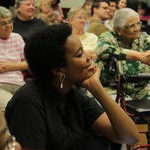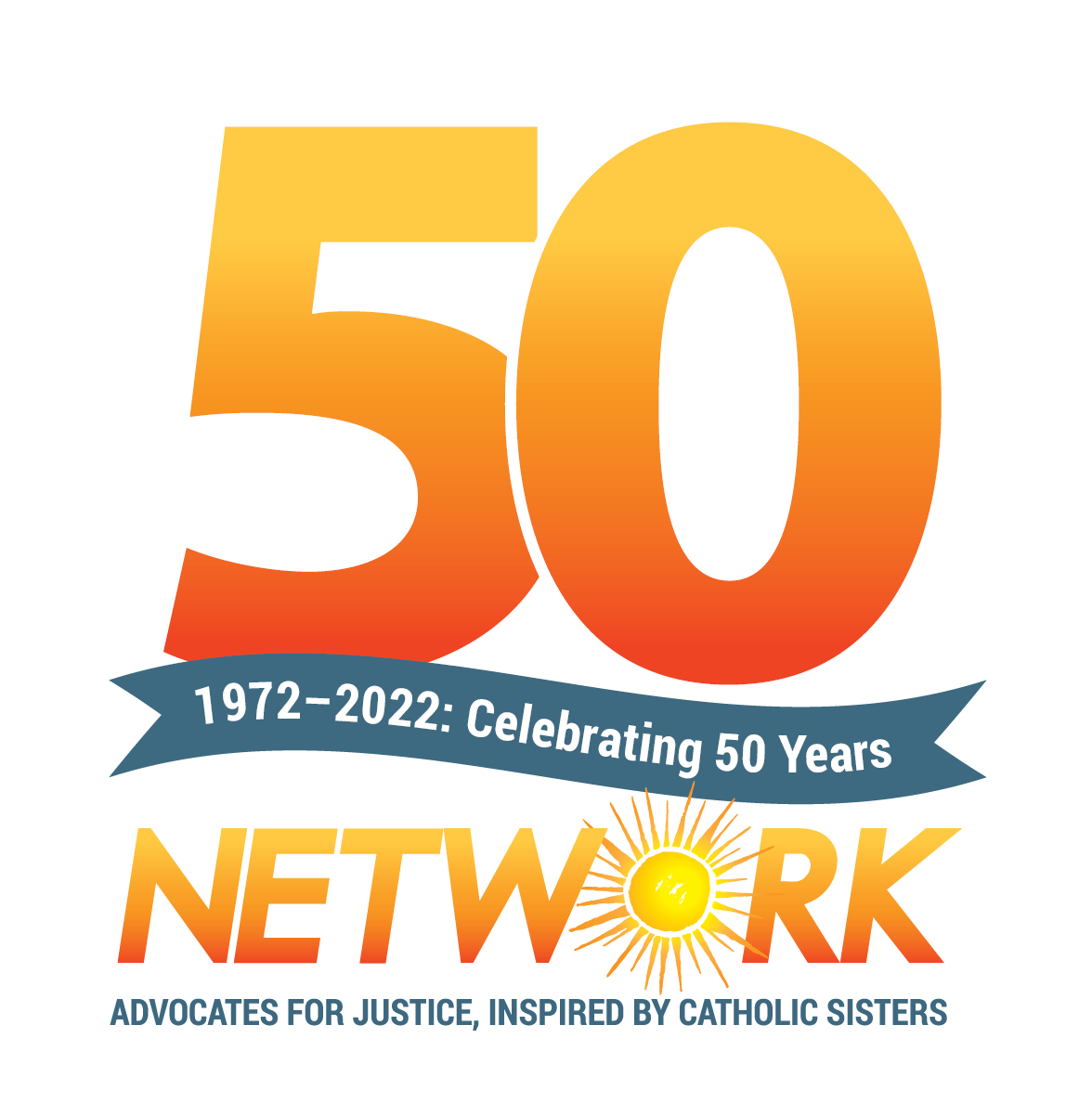Rev. Jennifer’s Housing Story
Rev. Jennifer Bailey - Nashville, Tennessee

There's a disconnect here in Nashville between this image of wanting to be the "It" city, this image of wanting to be the next big thing, but forgetting that there's a history. So one of the stories that was told at the table around this question of affordable housing and development was that Marie was talking about a house in her neighborhood, kind of Wedgewood, 8th Avenue corridor that was there one day and gone the next. That the house was a long-standing family in the community and it was obvious that something was happening, but she got home one day and the house was rubble. I guarantee you there will be 3 or 4 condos that go up in that place. So I think that the question that Nashville is asking itself right now is "What is the soul of this city and what is it going to be moving forward?" It's a big small town, right, with big city aspirations, but there is soul, there is a rich and robust history here. And holding onto that and making sure that people aren't displaced, both physically--through housing or transportation--but also emotionally, also historically.
There's a question about displacement that I think is at the core of what's happening in this community right now. This conversation needs to continue, right, and it's happening in other spaces all over Nashville, but what would it look like for us to take this conversation to partner with folks in South Nashville? With our Brothers and Sisters network of community there? What would it look like to take this conversation physically--I mean physically take it--to North Nashville and historic communities there? I think that it's easy to have these conversations in silos, and those conversations are happening,but until we figure out a way to talk across some of our discomforts-- because some folks in this room, I would argue, wouldn't go to South Nashville or North Nashville naturally, right?-- so I think there's a negotiation of figuring out how to step outside of our comfort zone, to engage people in deeper work.
The second thing connected to that is that we need to start cultivating inter-generational partnerships because there are elders in this space who have been here for 30, 40, 50 years who know the history of this place. And if we are concerned about the soul of our city, they carry that memory and there are young folks who are coming up who don't know that history, or transplants like me who don't know that history. So until we start building those really deep inter-generational partnerships as well, I don't know if we can move forward.










